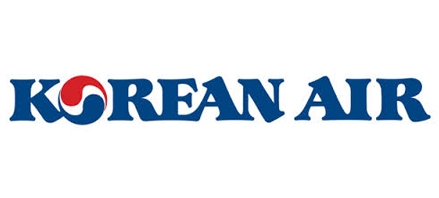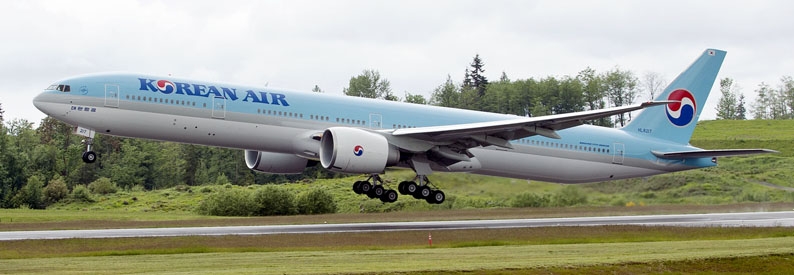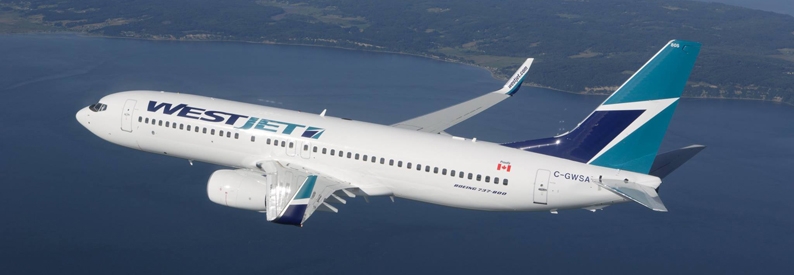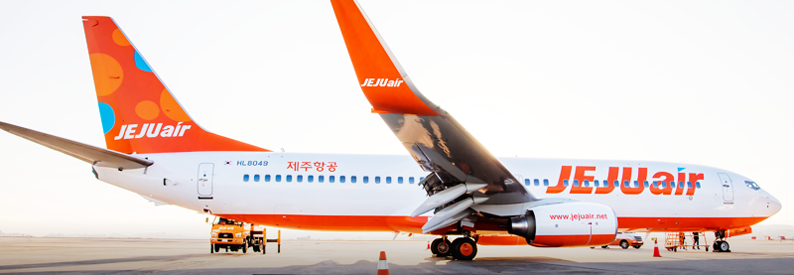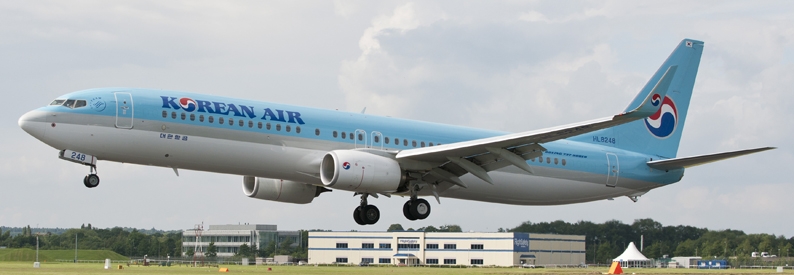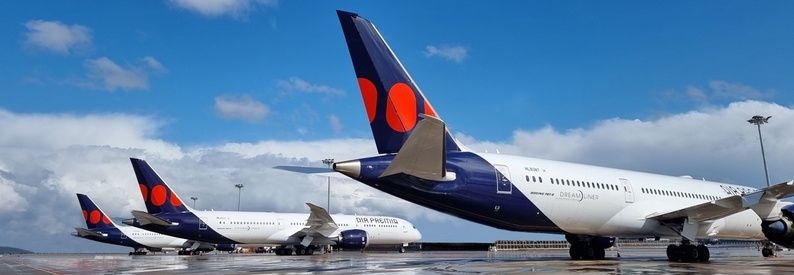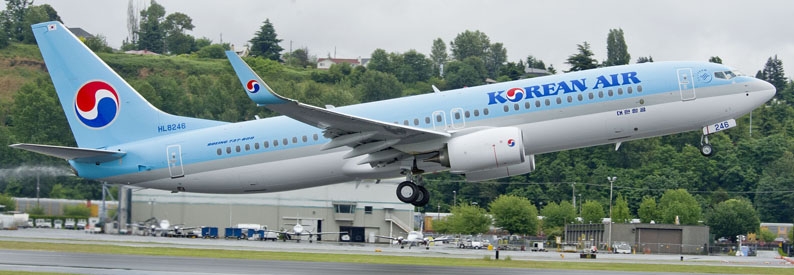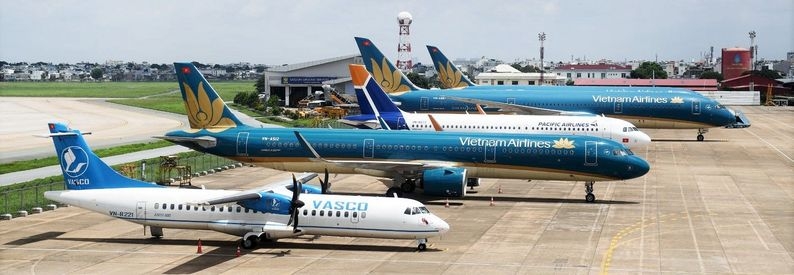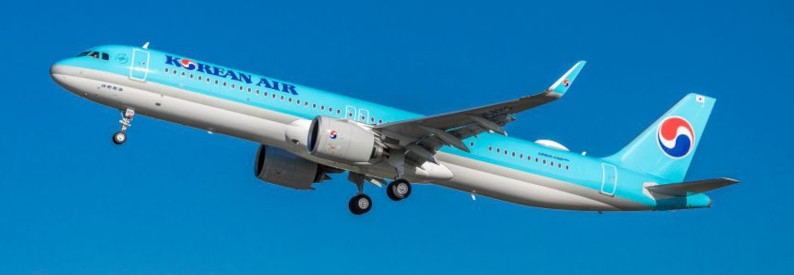The chief executive of Hanjin Group, which owns Korean Air (KE, Seoul Incheon), has told CNBC that he is short of aircraft despite some signs of softening demand and the impact of tariff uncertainty.
"We are short by five or six aircraft," Walter Cho told the outlet. "We've had to cut down on routes to keep our schedules. The supply chain issue also includes engines and we have several aircraft on the ground without engines."
According to the ch-aviation Commercial Aviation Aircraft Data module, Korean Air operates 169 aircraft. However, 23 of those aircraft are out-of-service for various reasons, including four (of ten) A220-300s, one (of one) A330-200, three (of twenty) A330-300s, three (of seven) A380-800s, one (of six) B737-8s, one (of nine) B737-900s, one (of six) B747-8s, six (of six) B777-200ERs, one (of twenty-six) B777-300ERs, and two (of twelve) B777-200Fs.
Cho said that a recent order for forty Boeings was not part of the US-South Korea tariff and/or trade negotiations. "We made the decision last year," he said. "We needed new aircraft, and we bet on Boeing aeroplanes. We've been using their planes for 55 years. They are very dependable and I have great trust in them."
Cho said he had confidence that Boeing would resolve its production and delivery problems. He called the manufacturer a well-managed engineering company. "I have 100% faith in them," he said. "Yes, they have some issues, especially with the new aeroplanes. But I expect them to fix this within the short future."
The CEO said Korean Air expects 15 aircraft deliveries this year, although he did not specify the types. It has 203 aircraft on order, including twelve A321-200s, fifty-two A321-200NX, fourteen A330-300s, twenty-seven A350-1000s, nineteen A350-900s, nineteen B737-8s, twenty B777-9s, six B787-9s, and thirty-three B787-10s. A Korean Air spokesperson was unable to provide details on this year's deliveries.
Cho acknowledged that passenger demand was slightly softening. But he says that is mainly due to increased competition rather than actual demand dropping. "Koreans are mostly going to Japan," he said. "The US traffic is softening up quite a bit."
On the impact of tariffs compared to previous trade disputes with China, Cho said: "This time it seems more unpredictable. I really have no idea how it will play out this year."
However, cargo demand remains strong despite the tariff announcements. "Cargo demand in the first quarter of this year was high, and business was strong," he said. "We're a little worried about the second quarter because of uncertainties between the US and China. But we'll maintain what we are doing. We'll keep watching the market and adjust if needed."
Cho added that rising Chinese manufacturer COMAC "has a great future", but with around 150 aircraft already on order he says Korean Air has not actively considered placing an order with them. "Our existing order should last us for 10 to 15 years," he said. "But someday we'll consider them."
